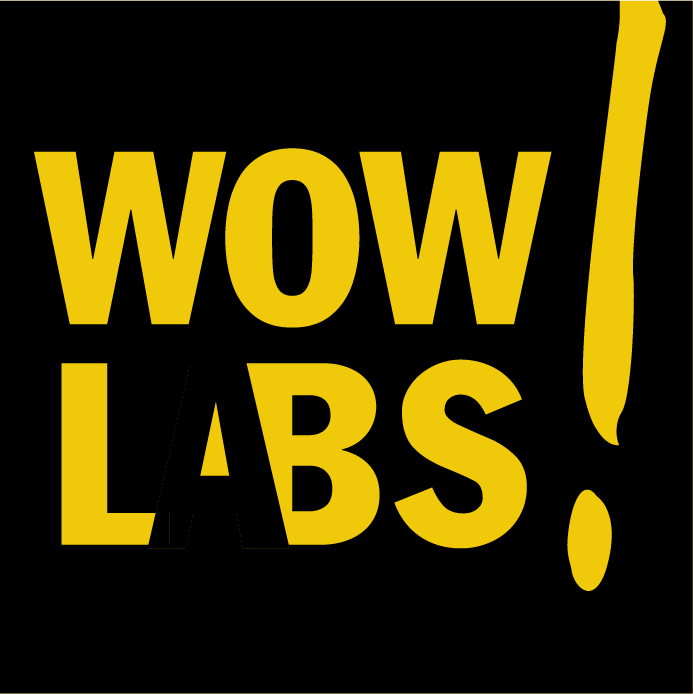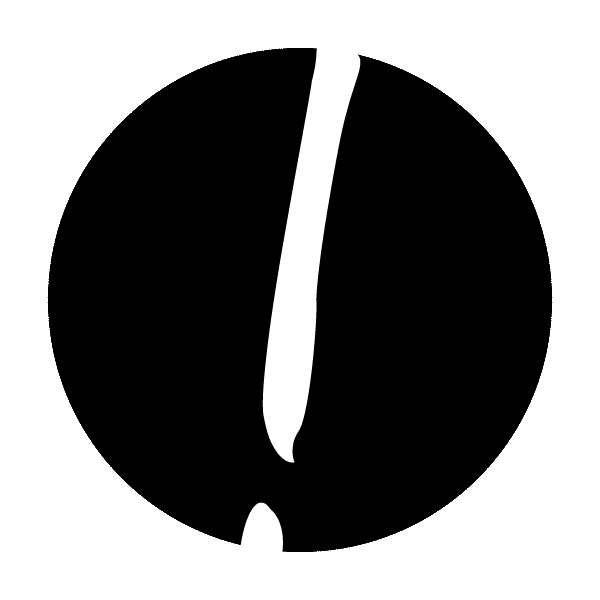Words by Charlotte Hochman, visuals by Michele Caleffi
Reading Time: 5 minutes
Language is one of these things, like health, that we mostly notice when it becomes a problem.
Most of the time, it’s the invisible system supporting any interaction, from a family dinner to a quick exchange of ideas between colleagues.
Whether or not you speak a second language, the language you are used to speaking is your comfort zone and determines aspects of your behaviour… including, if you are operating only in your mother tongue, the mental habits that stop you from coming up with new stuff.
In our work with Wow!Labs creating contexts for innovation across cultures and sectors, we have had ample opportunities to experiment choosing which languages to use by those engaged in collective settings… and to gain insights on the following questions:
- How important is the language or tongue we use in the way we interact with each other?
- Does it matter if it’s our mother tongue or a language we are trying to master the codes of? A language we learned as a child, or as an adult? The one we received our formal education in, or the one we’re trying to build a new life in?
- Do we feel differently in different languages, do they show different parts of ourselves?
- Is it easier to be more innovative in another language?
- How comfortable are we to let go of our identity through another language?
And… can we find a new identity for ourselves, as well as behaviour, by swapping languages?
Here’s one of our findings: moving away from our mother tongue, and thus from our comfort zone, can push us to more innovative behaviour, as the following true story shows.
Daniel is a senior executive in a French institution which Wow!Labs partnered with for an ambitious project we created around migration. After accepting to host one of our large events in their beautiful emblematic space, Daniel announced to our team that he had decided to welcome the participants, all newcomers to Europe from over 20 countries, himself. He had stubbornly stuck to French in all our preparation meetings despite several people on our team not speaking French, either excluding them or forcing translation into English, our common language. We quietly wondered how we would handle the collective interaction during the event, and whether to do simultaneous translation- difficult with such a large group and with the informal, quick culture we had created. This was hardly going to help to create the equal playing field we wanted to establish for all stakeholders present, where the majority were not speaking in their mother tongue.
On the day, Daniel first observed the event for a while. When his turn came to welcome people, he took a cardboard box lying around, sat on it with his arms resting on his parted knees, and started telling surprising stories in his broken English. Both our team and his held their breath. In front of a crowd of people he didn’t know, he was unleashing his humour through intimate stories and jokes, in a language he absolutely didn’t control, and hadn’t seemed until now to enjoy. He was gesticulating, exaggerating, bringing in his audience seamlessly. It was perfect. Somehow, the context had pushed him beyond a binary concept of competence/incompetence towards languages, and the interaction was much richer than if he had stuck to his original identity through this mother tongue. The creativity he had gained moving away from it was palpable.
Openness to experimenting with innovative language as a code in relation to identity seems the first step to experimenting with deep-seated codes that maintain the status quo – of our thinking and of our relationships.
Use languages to your advantage: 3 takeaways from experimentation
Here are some ways you may want to experiment around languages to awaken a more creative side of yourself. To take advantage of this, take the time to begin learning a second language. Or if you already speak more than one language fluently, try out a new one.

Identify multi-lingual environments where you can regularly try out different aspects of yourself through innovative language.
Being in a multilingual context where language is seen as a mere means to an end, as opposed to a defining factor, will develop a “new normal” in terms of your relationship to languages, easier to take risks in and come up with new ideas. This could be any activity that includes many nationalities, as long as you are open to stepping out of your comfort zone.
Don’t underestimate the power of language in determining your own behaviour
Speaking your own language means being yourself. It also means being your “old”, familiar self. If the context permits (as is increasingly the case with globalized collaborations and remote networks) use languages other than your mother tongue to experiment with new behaviours you wish for yourself. It’s not only the language you use- it’s also how you allow yourself to act when using a language.
Practice linguistic discomfort like you flex a muscle – one that you need for the future of work!
The capacity to be yourself and feel at home in situations that include codes foreign to your own is a crucial skill in the evolving labour market. Developing comfort operating in a language you do not have full competence in boosts your adaptive muscle significantly. In these contexts, focus on that adaptive muscle developing, like during workout, and you’ll be amazed by the mental result, moving you from perceived incompetence to a growth mindset.
Charlotte Hochman is the Executive Director of Wow!Labs, accelerating innovation for companies, cities and universities in emergent situations. She has founded incubators and designed curriculums for leading institutions. Charlotte is a Fulbright scholar, an Entrepreneur-in-Residence at INSEAD, Designer-in-Residence at CCA in San Francisco, a BMW Foundation Responsible Leader, and a panelist at Obama’s Presidential Summit. Discover her work and access her guide "People spaces: How to create, convene and take part meaningfully in new spaces online”.



0 Comments